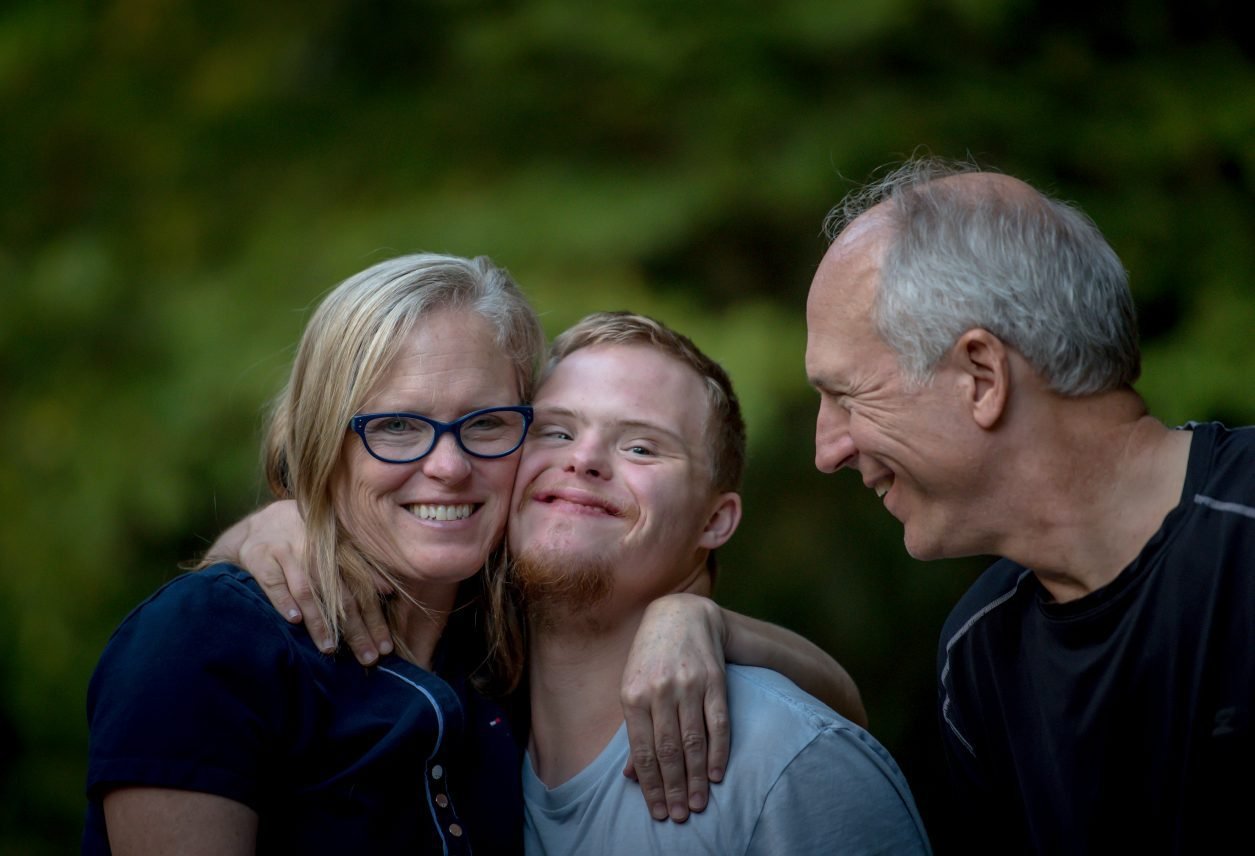Much has been written about the current state of social care and the crisis facing the National Health Service. However, one problem which has flown under the radar with many people has been the rapid decline in the number of people going into learning disability nursing, and the lack of support available for those who do.
Indeed, the issue is so severe that many academic institutions have contemplated ceasing their learning disability nursing programmes entirely. Yet, without these specialist nurses, many people living independent lives may be forced into care homes. In this article, we examine whether learning disability nursing is truly under threat.
Falling Numbers of Nurses
In recent years, cuts to funding for nursing education have had a detrimental effect, resulting in far fewer students applying for degree courses in learning disability nursing. In fact, according to the Royal College of Nursing, the number of specialist nurses has declined by as much as 40 percent since 2010.
The result of this reduction in the number of applicants has also had a knock-on effect. Prior to September 2018, as many as half of the higher education institutions in England contemplated discontinuing their courses in learning disability nursing, because running the programmes has become less financially manageable.
While there have been some attempts to address the shortage of people going into learning disability nursing – including an NHS scheme to train 2,000 new ‘nursing associates’ – these are insufficient. The role is seen as a bridge between healthcare assistants and registered nurses, but the new nursing associates are not going to have the skills or qualifications to work in place of learning disability nurses.
This reduction in the number of trained nurses is meaning many people are turning to private domiciliary care agencies instead. However, it is also potentially leading to situations where people with learning disabilities are going to be driven into care homes, despite the fact that they are well enough to retain independence.
A Human Rights Issue
This increase in the number of people with learning disabilities being placed into care homes – rather than receiving care in their own home – also raises questions regarding the morality and ethics of the cuts to nursing. After all, many people living with learning disabilities find the idea of being moved to a care home to be extremely scary.
According to a report in The Guardian, several NHS organisations have faced legal action over policies that have forced disabled people into residential care. Meanwhile, the Equality and Human Rights Commission have gone further, suggesting that some of the policies actually breach people’s basic human rights.
“In some instances these policies may not comply with obligations under the European Convention of Human Rights,” the EHRC wrote in a letter to 44 Clinical Commissioning Groups. “In particular, we believe that some policies may breach individuals’ rights to a private family life and to independent living which are protected by Article 8 of ECHR and by Article 19 of the UN Convention on the Rights of Persons with Disabilities.”
Many of the funding caps do not appear to take any account of individual circumstances. As a result, the threat to learning disability nursing is resulting in instances where people should be well enough to live in their own home and retain personal independence, yet are unable to actually do so without help from a care worker agency.
Abbots Care
One way that people can receive care at home is through a professional care worker agency and if you live in the Hertfordshire or Dorset areas, Abbots Care can help. Our team of experienced and fully trained care workers are able to offer support for people living with a range of needs, including autism and cerebral palsy.
Unlike many other domiciliary care agencies, we take the time to work with our service users on an individual level, in order to create a tailored support plan that caters for their specific needs. Among other things, our team can assist with personal care, cooking, general home maintenance, travel and even provision of regular companionship.
If you are interested in a career within the care sector, but have been affected by cuts to learning disability nursing, we would be more than happy to assist you with a move into personal care services. Abbots Care offers in-house training, along with opportunities to earn advanced qualifications. One option we provide is the opportunity to pursue an NCFE Level 2 Certificate in Principles of Working with Individuals with Learning Disabilities.
Regardless of whether you are a potential care worker or service user, contact us today!




